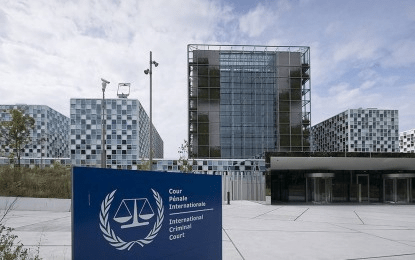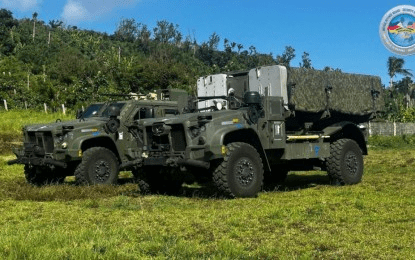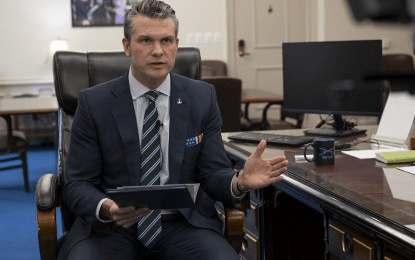By Filane Mikee Cervantes

MANILA – Nine senatorial candidates under the Marcos administration’s Alyansa Para sa Bagong Pilipinas are statistically poised to win in the May 12 midterm elections, according to the results of a Pulse Asia survey released Thursday.
The survey, conducted from Feb. 20 to 26, showed that 13 out of 64 candidates have a “statistical chance” of securing a Senate seat if the elections were held during the survey period.
“Most of the probable winners are either former or incumbent lawmakers and are running under the administration’s ‘Alyansa Para sa Bagong Pilipinas’,” Pulse Asia said.
Administration-backed candidate and ACT-CIS Party-List Rep. Erwin Tulfo (56.6 percent) leads the pack, along with incumbent Senator Christopher Go (58.1 percent), both sharing first and second places.
Other administration-backed candidates with strong chances of winning are former Senate President Vicente Sotto III (49.0 percent, 3rd to 4th), Senator Ramon Revilla Jr. (46.1 percent, 3rd to 6th), former Senator Manny Pacquiao (39.9 percent, 6th to 12th places), Senator Lito Lapid (39.4 percent, 6th to 13th), and Makati City Mayor Abby Binay (37.6 percent, 7th to 13th).
Other Alyansa bets that made it to the probable winners’ circle include Senator Pia Cayetano (37.5 percent, 7th to 13th), Las Piñas City Rep. Camille Villar (36.6 percent, 8th to 13th), and former Senator Panfilo Lacson (35.8 percent, 9th to 13th).
The remaining probable winners are not part of the Alyansa slate. They are Senator Ronald dela Rosa (44.3 percent, 4th to 7th place), television host Willie Revillame (42.3 percent, 4th to 9th place), and journalist Ben Tulfo (40.7 percent, 5th to 11th place).
Meanwhile, Alyansa bets that ranked outside the winning circle include Senator Imee Marcos (30.9 percent, 14th place), former Interior Secretary Benhur Abalos (23.0 percent, 15th to 19th places), and Senator Francis Tolentino (18.0 percent, 18th to 21st places).
Pulse Asia said 3.4 percent of registered voters remain undecided on their senatorial choices, while 2.6 percent do not plan to vote for any candidate.
Only 38 percent of voters have a full slate of 12 candidates with less than three months before the elections. (PNA)




